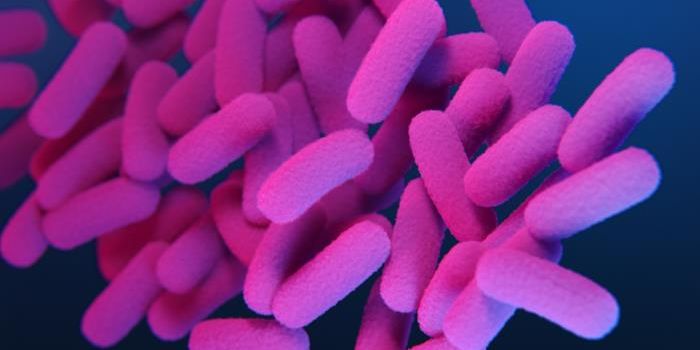New Discovery Improves Treatment Against Parasitic Infections
Millions of patients worldwide are infected with parasitic worms. According to the World Health Organization (WHO), helminth worms are particularly common. Helminth infections are most prevalent in warm, tropical areas that have limited access to clean water. These soil-transmitted helminths (STH) infected about 25% of the global population with hotspots including sub-Saharan Africa, China, South America, and Asia. Unfortunately, many children and pregnant women are at risk. Most infections are not fatal but can contribute to illness and limited quality of life. The most common form of treatment includes antiparasitic medications that kill or paralyze the worms as they pass through the body. The intensity and type of treatment is dependent on the worm subtype and infection severity. Common medications include Albendazole, Ivermectin, Mebendazole, and Praziquantel. Surgery may be necessary if the case has progressed and obstructs the intestines.
Treatment for parasitic worms has not progressed in years. As a result, medications are less effective and take longer to treat patients. Scientists have been working to improve therapy based on current Food and Drug Administration (FDA) approved treatments. A recent article in Immunity, by Dr. Reinhard Hinterleitner and others, discovered that anti-inflammatory drugs could boost immunity against parasitic infections. Hinterleitner is an Assistant Professor in the Department of Immunology at the University of Pittsburgh. His work focuses on immunity in response to bacterial and parasitic infections. Specifically, he focuses on the relationship between the immune response and how it can effectively target infections.
Hinterleitner and his team discovered that non-steroidal anti-inflammatory drugs (NSAIDS), like ibuprofen, could boost the immune response by stimulating a special cellular pathway. The team observed an immune response known as “type 2”, which is a broad defense mechanism that targets external pathogens, like parasites. Interestingly, type 2 immunity is also implicated in food and environmental allergies. Specifically, this response accelerates cell turn-over rate and makes the gut inhospitable for worms and other parasites.
To investigate type 2 immunity in response to parasitic infections, researchers observed a protein known as Gasdermin C. Interestingly, this protein is found at low levels in the healthy gut and increases during parasitic infections. Gasdermin C is inactive until the protein is cleaved or chopped in half by an enzyme known as protease. This cleaved protein fragment then becomes active and stimulates a type 2 immune response. The team conducted experiments that cleared the gut of Gasdermin C or impaired protease in mice. As a result, type 2 immunity was impaired when the mice were exposed to helminth.
Once the protein is activated, Gasdermin C can trigger cell death and eliminate infected cells and mount an effective immune response. Therefore, Gasdermin C is necessary for the clearing of parasitic infections. This finding provides new perspective for anti-parasitic therapy since FDA approved drugs, such as NSAIDS, can activate Gasdermin C, elicit a strong immune response, and is safe for both children and adults. Clinical trials still need to be conducted to confirm NSAIDS benefit in humans with parasitic infections. Researchers also hope to identify specific gut microbes that could activate Gasdermin C to further elicit robust immunity. As a result, scientists have provided an understanding to improve current parasitic treatments and discovered a way to improve quality of life in patients.
Article, Immunity, Reinhard Hinterleitner, University of Pittsburgh








